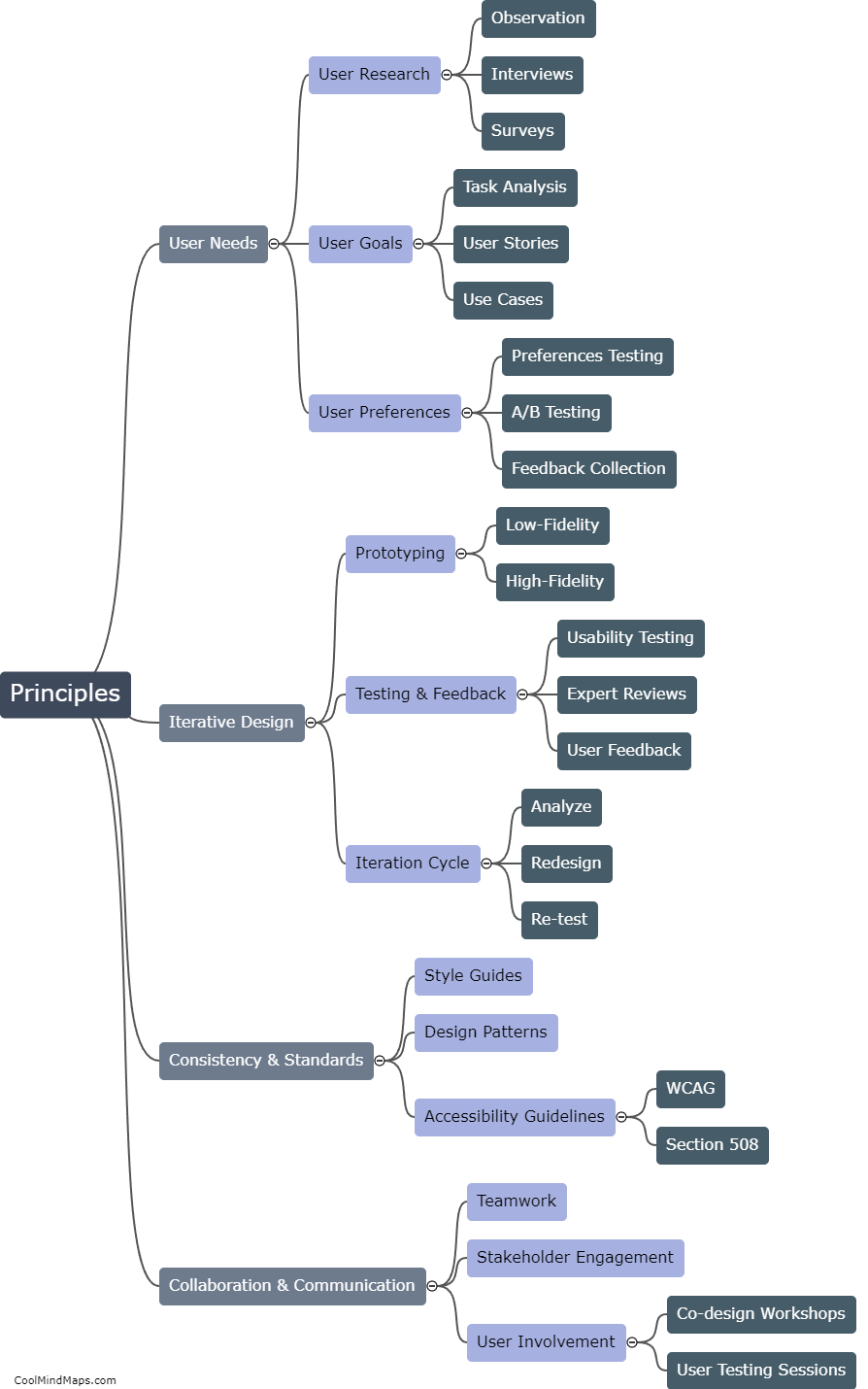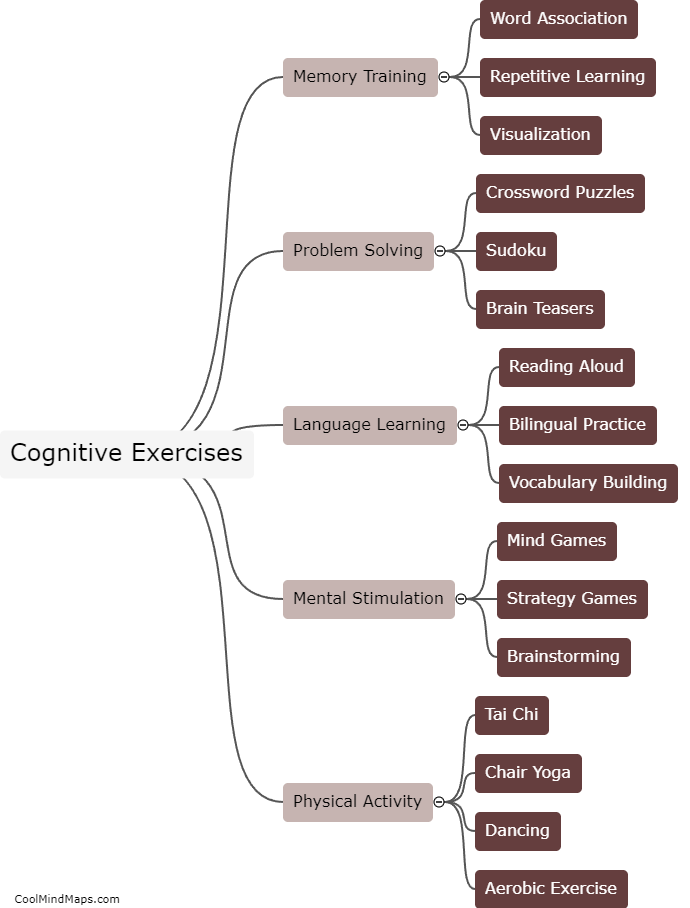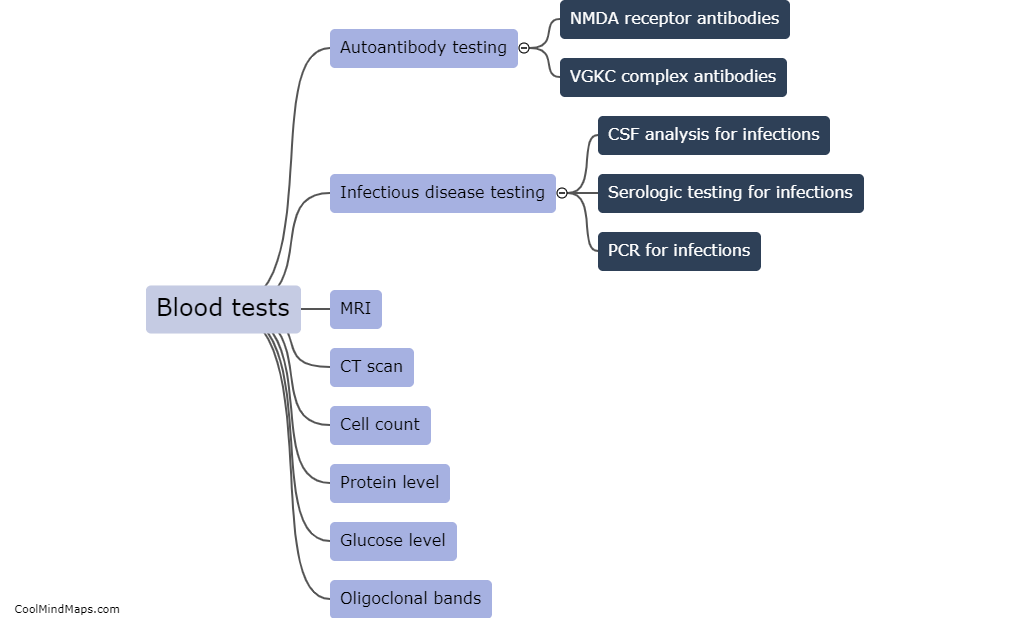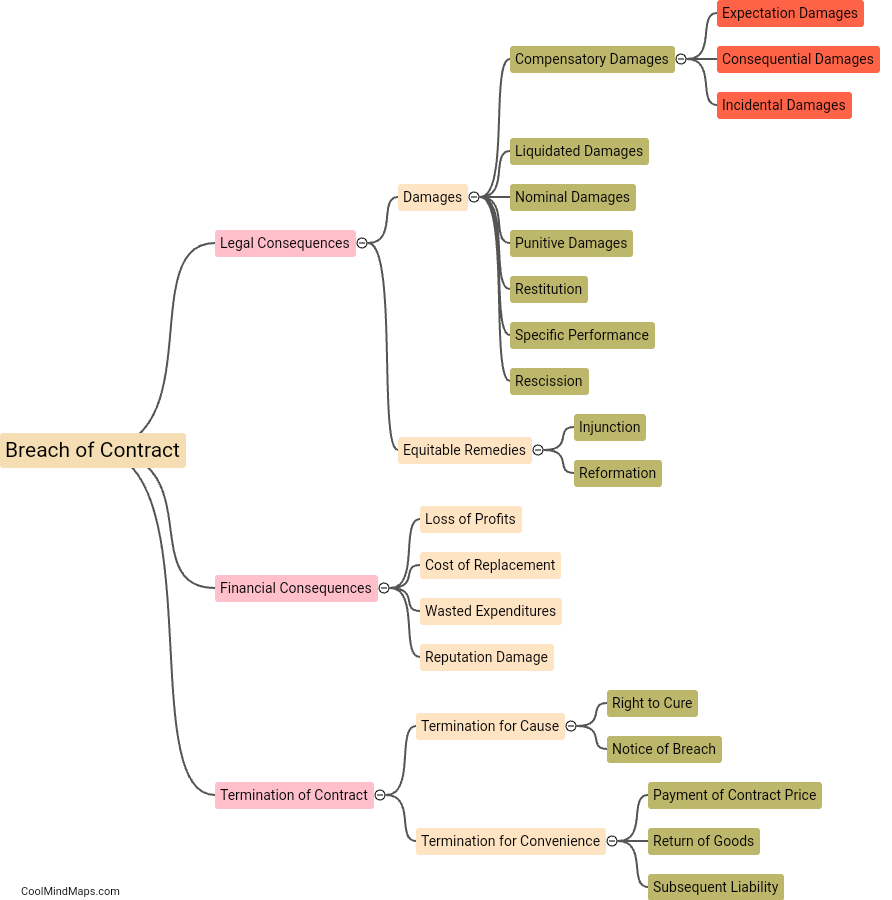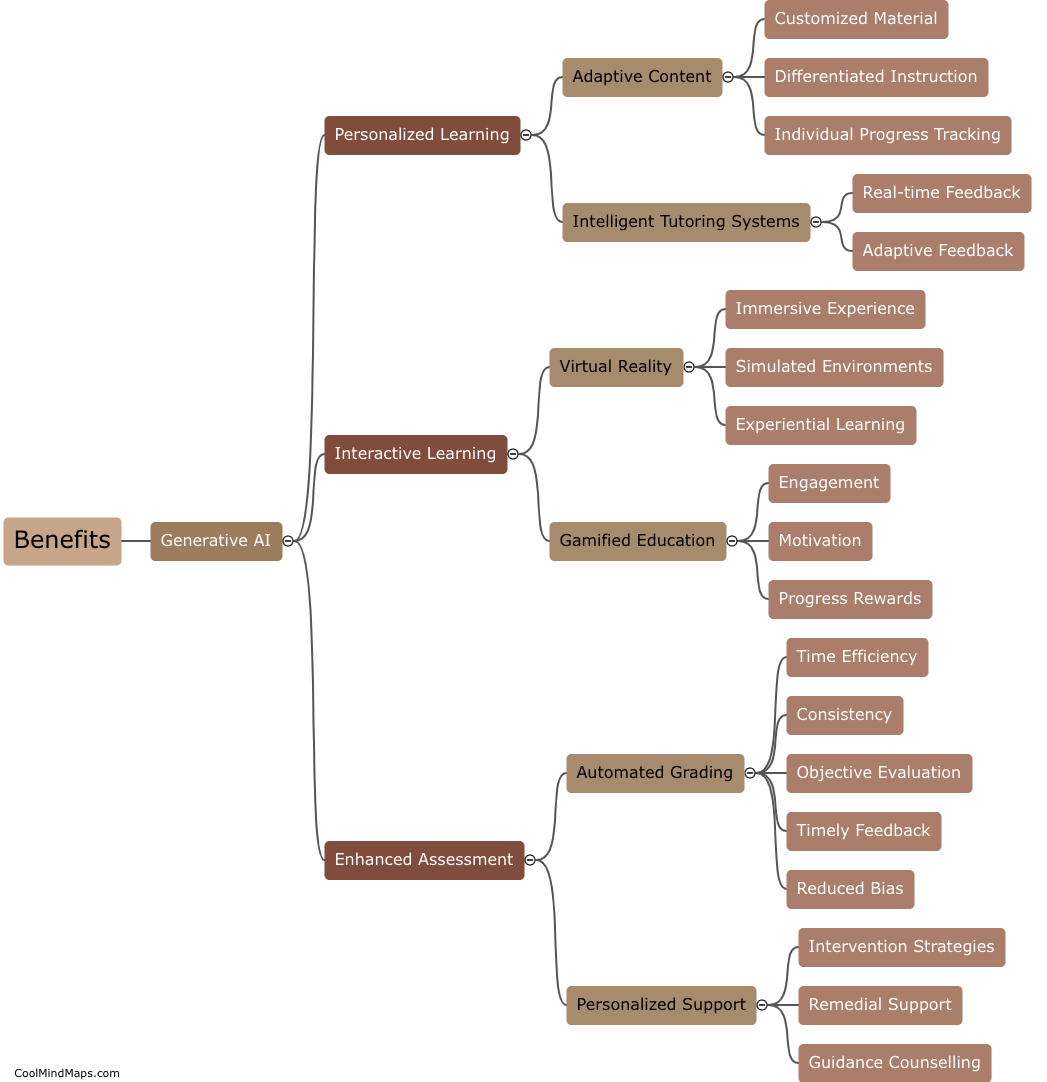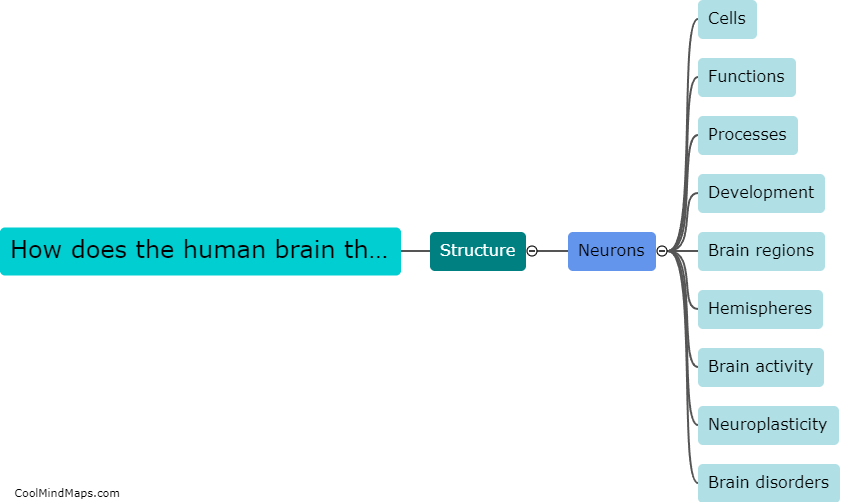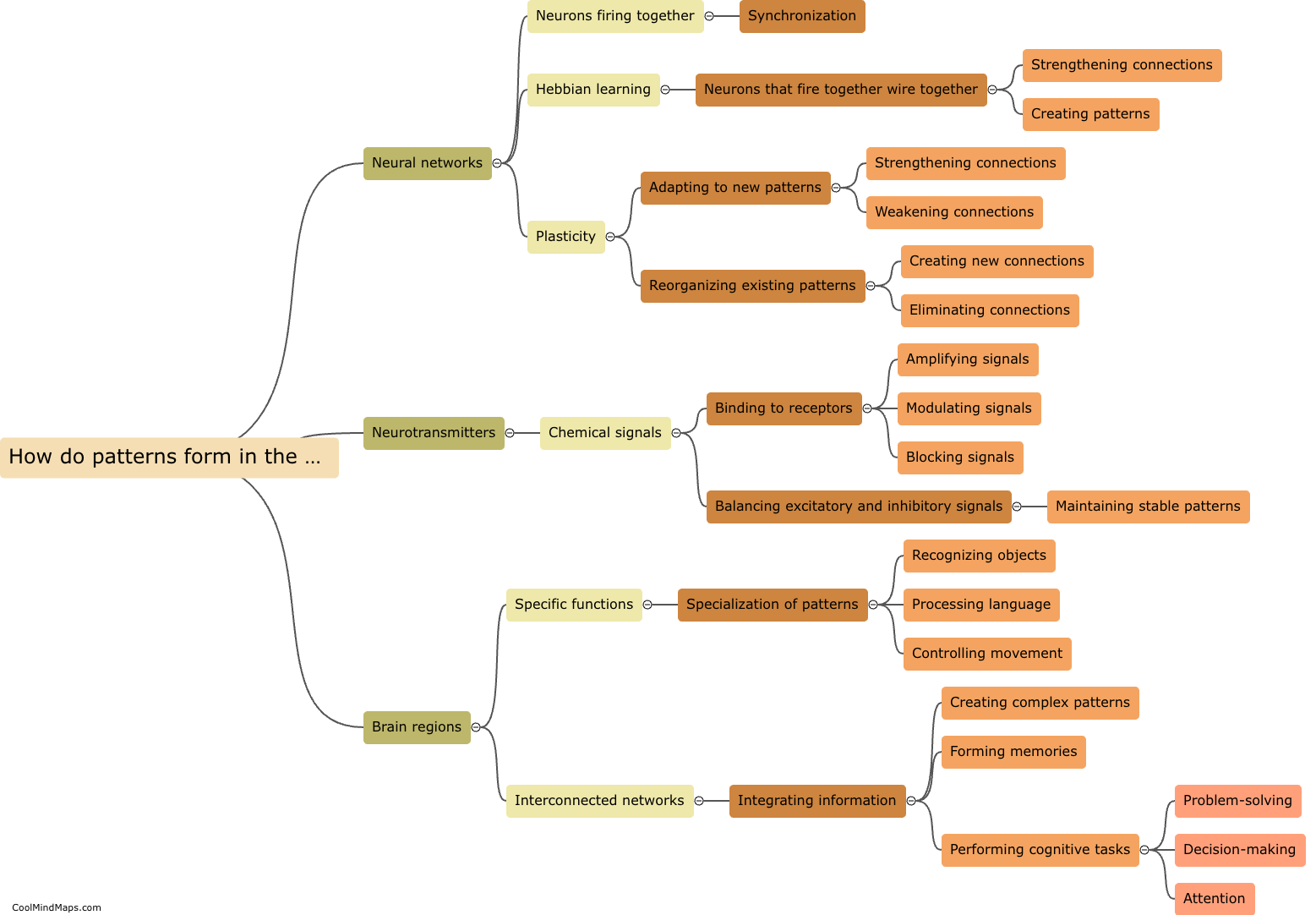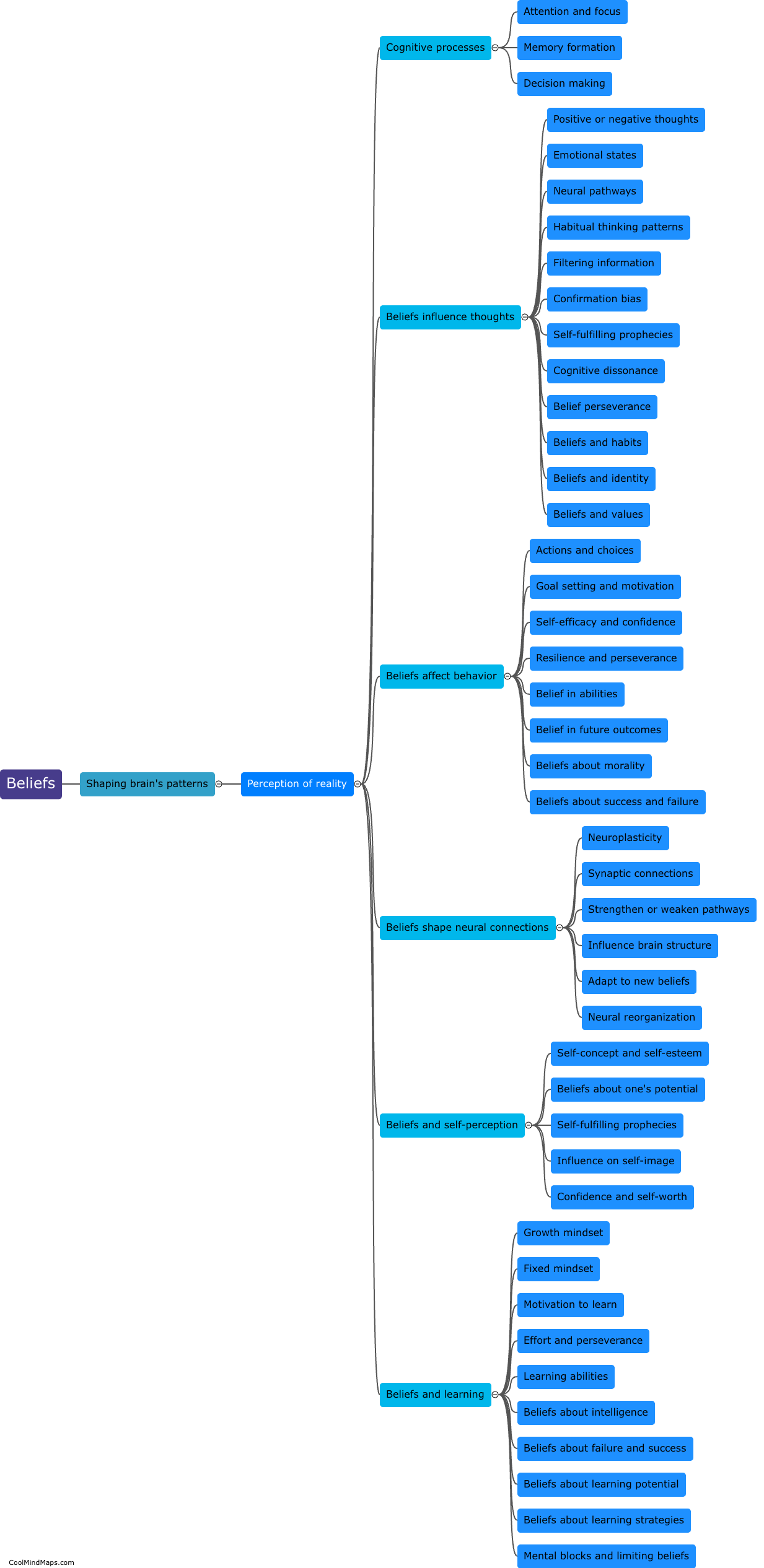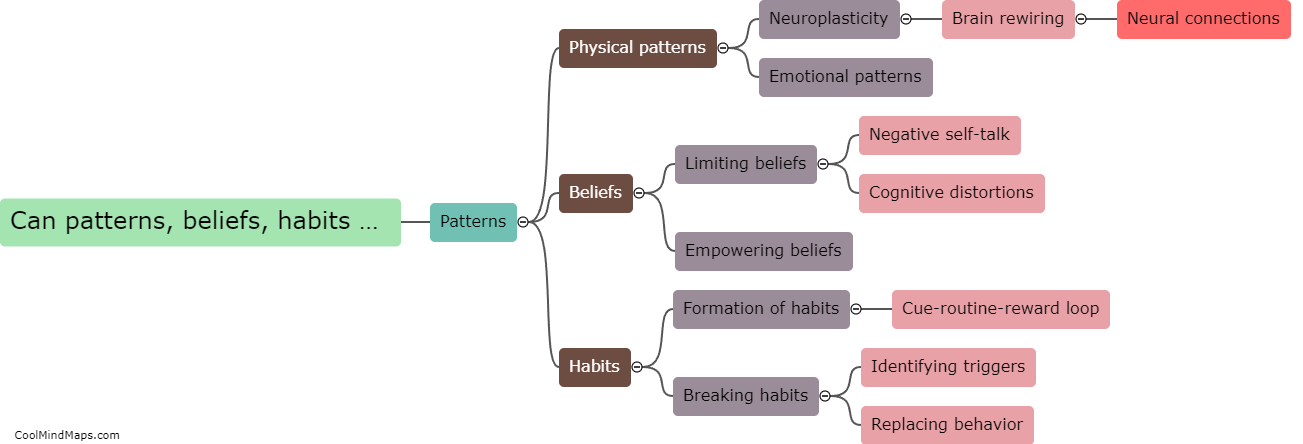How do habits develop in the human brain?
Habits develop in the human brain through a process called habit formation, which involves a series of neural pathways and connections. When a person repeatedly performs a specific behavior, such as brushing their teeth or exercising, the brain encodes this action and gradually forms a habit. This process mainly occurs in the basal ganglia, a region of the brain responsible for routine behaviors and habit formation. The basal ganglia receives input from the prefrontal cortex, which is involved in decision-making, and creates a loop by reinforcing the behavior until it becomes automatic. Over time, the neural connections in the basal ganglia strengthen, making the habit more ingrained and requiring less conscious effort. This explains why habits can be difficult to break as they become deeply rooted in our brain's circuitry. Understanding the development of habits in the human brain can help individuals form productive and healthy habits or modify existing ones.
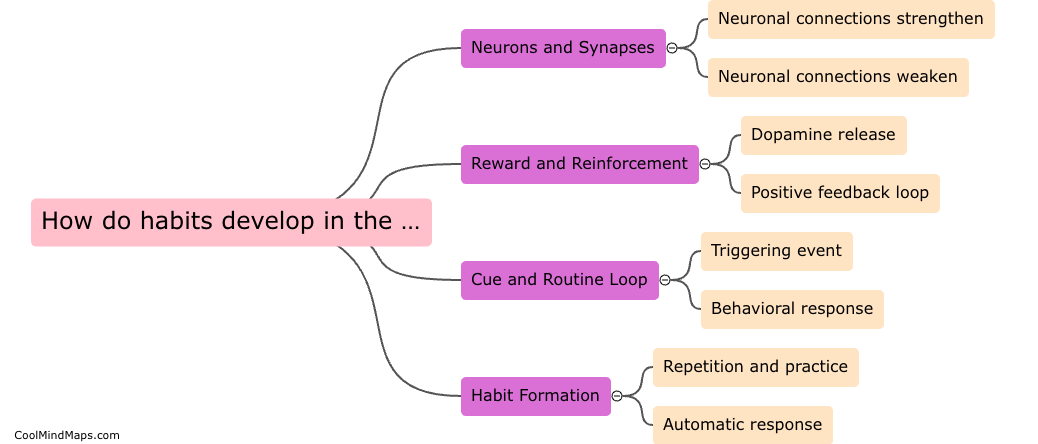
This mind map was published on 9 August 2023 and has been viewed 194 times.
